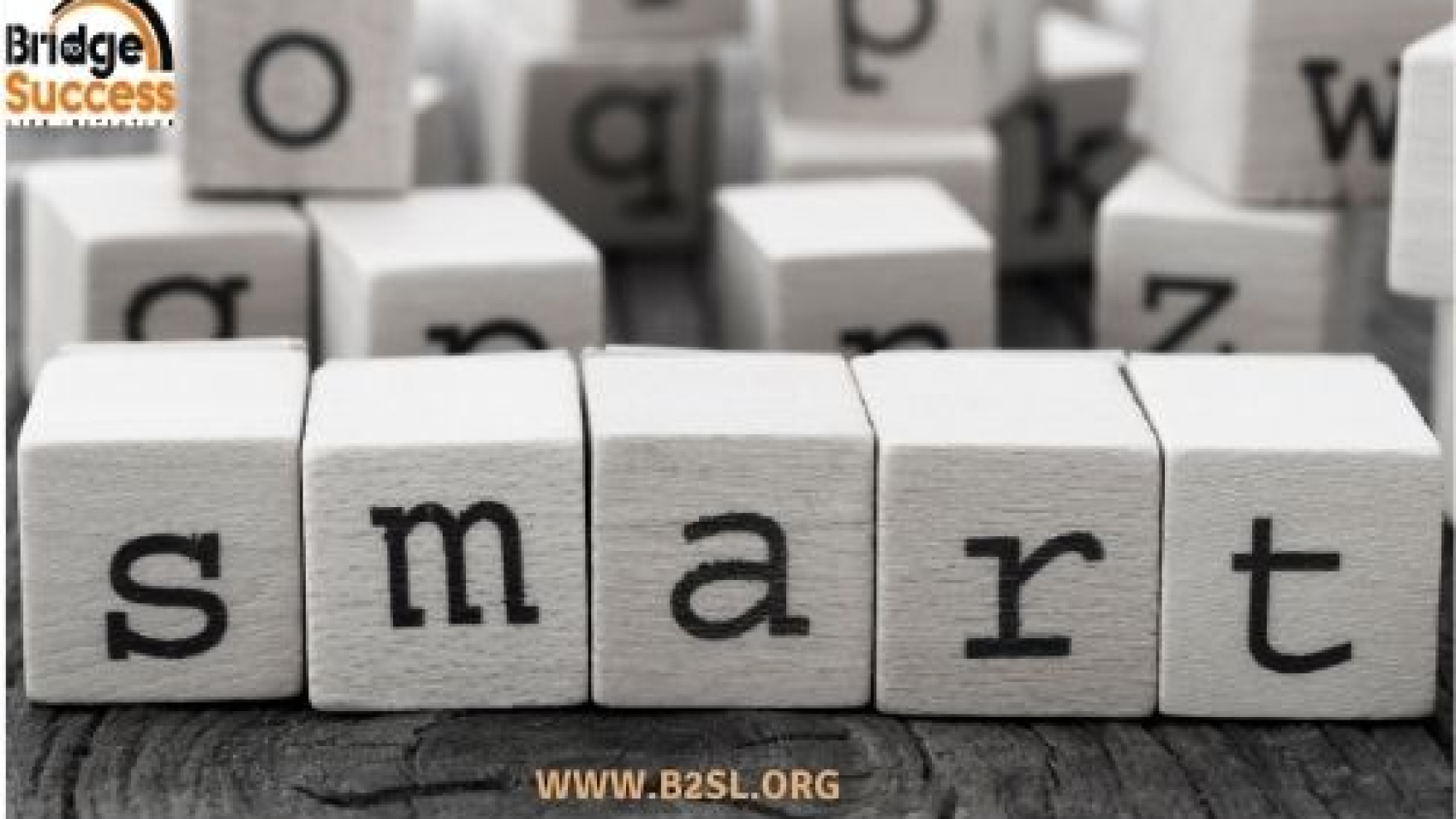 “Success is the child of drudgery and perseverance; it cannot be bribed or coaxed. Pay the price, and it’s yours.” O.S Marden
“Success is the child of drudgery and perseverance; it cannot be bribed or coaxed. Pay the price, and it’s yours.” O.S Marden
I looked up the meaning of drudgery in the dictionary, which meant hard, menial, or dull work! Simply put, you have to engage in hard work for you to be successful, which can also likely be uninteresting to you. There is no short cut irrespective of the path you want to choose in life. All the great inventors or successful people we admire worked or work very hard. Think about any successful person and imagine if they would have succeeded if they were lazy. Not sure you can find one. The rule is simple, it is either you work hard and succeed or be lazy and fail!
The thought of hard work itself scares people. Most people do not want to get into an activity that will stress them physically or mentally. Most people will rather sit and watch TV all day than engage in hard work, including me! But we all know that this is unrealistic, especially if we want to succeed. So how do we approach hard work so that we are not bored to death? Below are some tips that may help you have a better perspective or approach.
APPRECIATE THE VALUE OF HARD WORK
Success is not easy, but it is achievable. Have you seen people building a house? Do you see the machines and human efforts that are involved? People put in these efforts because they know that their labour will pay off at the end of the day. The student who studies in secret continuously to pass examinations knows that Success will be the reward at the end of the day. Even if people do not realize immediately, they will begin to see your worth because of your hard work with time. Do not be deceived by short cuts. Hard work has excellent value and is appreciated worldwide. Try to envision a time when you worked hard to achieve something, and you got the reward for it? How did it make you feel?
BREAK HARD TASKS INTO SMALLER CHUNKS
If you ever face a difficult but necessary task, try breaking the task into smaller chunks. It is difficult and sometimes discouraging when you think about the big things you have to do. Let’s assume you want to read a book of 350 pages. It might look big initially, but if you decide to read 50 pages a day, you will discover that you have finished the book in a week. If you try to read the whole book at a go, it might be challenging for you. Remember the old saying, “A journey of a thousand miles starts with a step.
SURROUND YOURSELF WITH OTHER HARD WORKERS
Honestly, this is one tip that can make you less frustrated in completing demanding and tedious tasks. However, when you surround yourself with other hard workers, you will find the motivation to hang on. There is no use in hanging out with lazy people who cannot inspire or challenge you. The simple rule is if your friends or close associates are not encouraging you to do better than you are now, it is time to change them! Some people are already working hard in your field, look for them, and seek their help. These people may be in your neighbourhood or school, or on the internet. Just find them out, and they will make your tasks look simpler than you could imagine. I am not talking about your regular duties, like copying notes and reading; I am talking about the things beyond you, such as understanding a complex topic.
Hard work is not easy, but it pays if you cultivate the habit. Every time you want to be lazy, remember that the reward for laziness is failure. You don’t want to fail, so cultivate a mindset of working hard always.
Please post your questions or comments in the comment section below as I will love to hear from you. If you have any questions or need any help, please contact our team on info@b2sl.org and we’ll reach out to you ASAP.
ABOUT THE AUTHOR
Bessy Ebule is the Project Director at B2SL, where he works to encourage personal development and building success networks. You can reach him at bessy.ebule@b2sl.org
[/vc_column_text][/vc_column][vc_column width=”1/3″][/vc_column][/vc_row]









